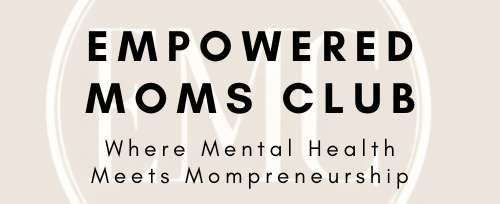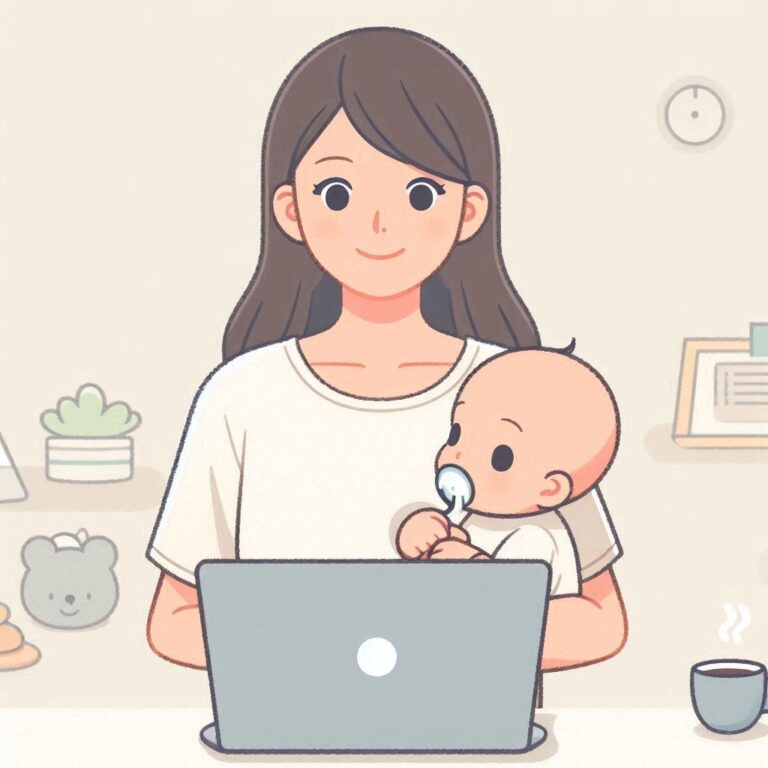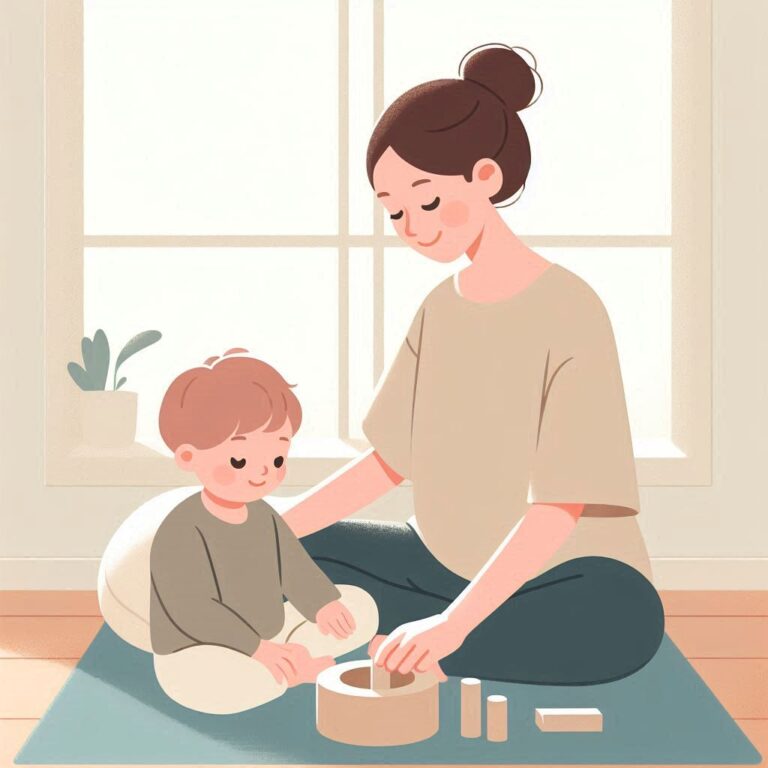Postpartum Depression Therapy: Real Talk About Getting Better
I get it – you’re tired of pretending everything’s okay when it’s not. As a mom of two and someone who talks to hundreds of moms through the Empowered Moms Club, I know postpartum depression therapy isn’t just about feeling better – it’s about getting your life back.
The Raw Truth About Postpartum Depression
Let me share something that might surprise you: between 10% and 20% of new moms go through postpartum depression. That’s one or two moms in your mommy and me class right now.
But here’s what matters most: You can get better. And you deserve to get better.
Signs You Might Need Support
- You can’t remember the last time you felt like yourself
- The joy you expected to feel just isn’t there
- Small tasks feel impossible
- You’re worried about bonding with your baby
- Sleep isn’t coming even when the baby sleeps
Why Getting Help Really Matters
This isn’t just about you (though you matter so much). Research shows our kids pick up on our struggles. But here’s the good news: getting help changes everything. Therapy can cut PPD symptoms in half.
Types of Therapy That Actually Work
1. Talk Therapy (CBT)
Think of this as a toolbox for your brain. You’ll learn to spot negative thought patterns and flip them around. Most moms see big changes in about 12 weeks.
2. Group Support
Feeling alone makes everything worse. Groups slash isolation by 40%. That’s why our newsletter community is so powerful – we’re all in this together.
3. Medication + Therapy Combo
Sometimes your brain needs extra help to heal. That’s okay. Your doctor can help you weigh the options, even if you’re breastfeeding.
Real Stories from Real Moms
Meet Jenny from our community: “I thought I was failing at everything. Therapy helped me see I was actually crushing it, just buried under PPD. Now I help other moms spot the signs.”
Finding Your Way Forward
Here’s what works:
- Start small – even one therapy session is progress
- Build your support squad
- Track your wins (yes, getting dressed counts)
- Connect with moms who get it
When to Get Help Right Now
If you’re feeling:
- Scary thoughts about yourself or your baby
- Like you’re underwater and can’t surface
- Unable to handle basic daily tasks
- Disconnected from your baby
These feelings need attention now. Call your doctor or reach out to a crisis line.
Frequently Asked Questions
How long does postpartum depression therapy take?
Most moms start feeling better within 8-12 weeks of consistent therapy.
Can I do therapy with my baby?
Yes! Many therapists welcome babies during sessions.
Will I need medication?
Some moms do, some don’t. Your care team will help you decide what’s right for you.
Does therapy really work?
Studies show it cuts symptoms in half for most moms.
Your Next Step Forward
Here’s what you can do right now:
- Join our newsletter community
- Share this with a mom who might need it
- Take one tiny step toward getting support
- Remember you’re not alone in this
-
Understanding Postpartum Depression
Postpartum depression (PPD) is a serious mental health condition that affects many women after giving birth. Characterized by feelings of extreme sadness, anxiety, and fatigue, PPD can significantly hinder a mother’s ability to bond with her newborn and manage daily life. The symptoms may vary, but they often include difficulty sleeping, changes in appetite, and overwhelming feelings of inadequacy. It’s crucial for new mothers to recognize these symptoms early to seek help and support.
Assessment Tools for Postpartum Conditions
The Edinburgh Postnatal Depression Scale (EPDS) is a widely used screening tool designed to identify women who may be suffering from postnatal depression. This simple questionnaire allows healthcare providers to assess depressive symptoms effectively. Additionally, healthcare professionals may use the Hamilton Depression Rating Scale to evaluate the severity of depression. Early identification through these tools can lead to timely intervention, which is essential for recovery.
Treatment Options
Therapy is one of the most effective ways to address postpartum depression. Options such as psychotherapy can provide mothers with coping strategies and emotional support during this challenging time. Therapy sessions may include cognitive-behavioral techniques, which help mothers reframe negative thoughts and improve their mood. In some cases, healthcare providers may also recommend antidepressant medications to help alleviate symptoms. It is vital for mothers to discuss all available treatment options with their healthcare providers to determine the best approach for their individual needs.
For further information on postpartum depression and available resources, visit Empowered Moms Club. Additionally, check out the National Institute of Mental Health for statistical insights on postpartum mental health, and the American Psychological Association for the latest research and support options.
For more articles related to therapy and depression, explore the following resources: Empowered Moms Club.
The Support You Need, When You Need It
Every week, our newsletter brings you:
- Real stories from moms who’ve been there
- Simple tools that actually help
- Support from a community that gets it
- Expert insights made simple
Ready to feel like yourself again? Join our community of moms supporting moms through postpartum depression therapy and beyond. Subscribe to our weekly newsletter for exclusive support and practical tips: Join the Empowered Moms Club
Remember: Postpartum depression is real, but so is recovery. Let’s walk this path together, one step at a time.







